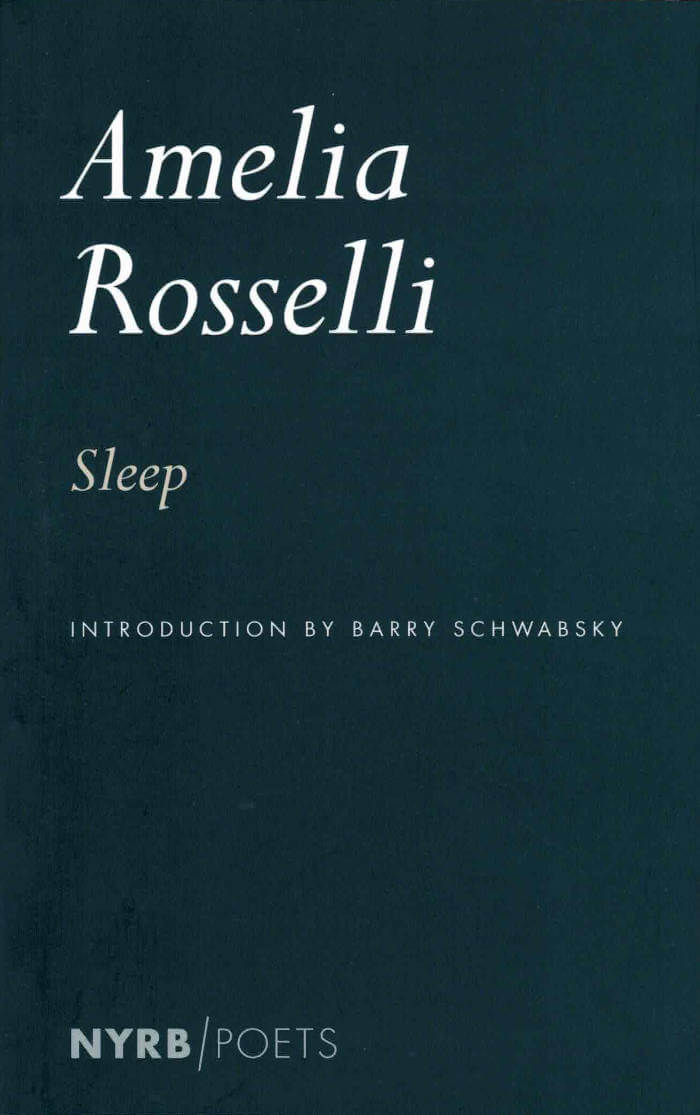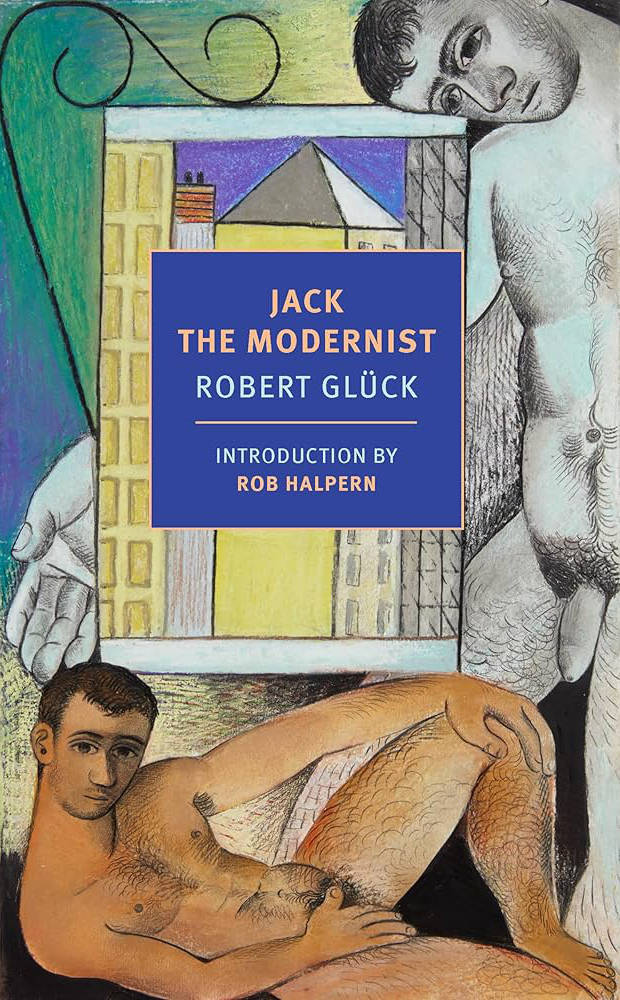
Sleep
A major, career-spanning collection of an Italian master's poetry in English, gathered together for the first time.
Amelia Rosselli is one of the great poets of postwar Italy. She was also a musician and musicologist, close to John Cage and Karlheinz Stockhausen, and she waged a lifelong battle against depression. The child of Carlo Rosselli, a significant anti-fascist intellectual who was assassinated with his brother Nello in 1937, Amelia grew up in exile and attended high school in Mamaroneck, New York. English poetry, especially the lyrics and sonnets of Shakespeare and the Elizabethans, became a prime reference for her own poetry, which combines modernist experimentation with variations on more traditional forms.
The elaborate, archaic, yet thoroughly modern poems, at once stumbling and singing, that Rosselli composed in English and gathered under the title Sleep are a beautiful and illuminating part of her work. Six of the poems were published by John Ashbery in the 1960s but have otherwise been unavailable to English readers. They are published here for the first time outside of Italy.







